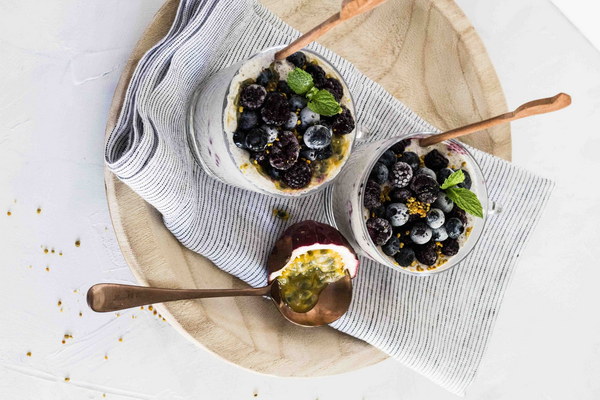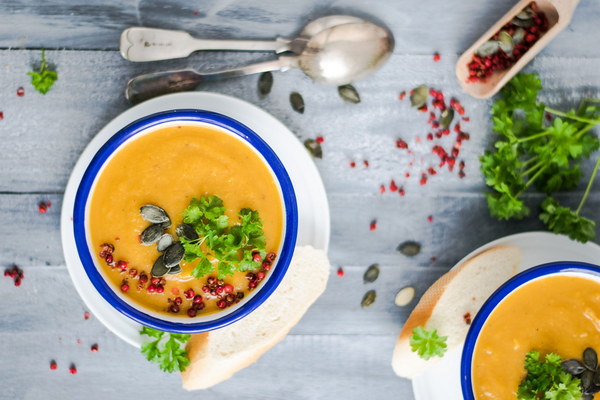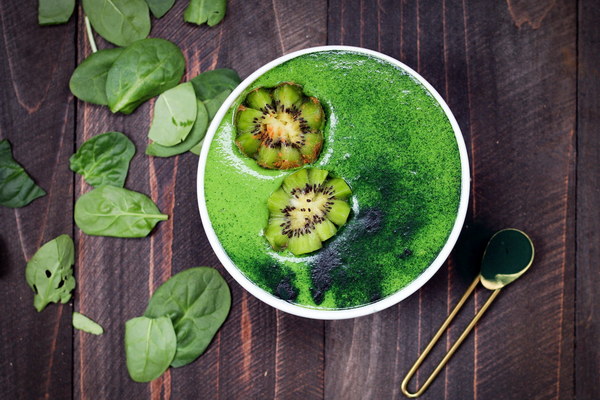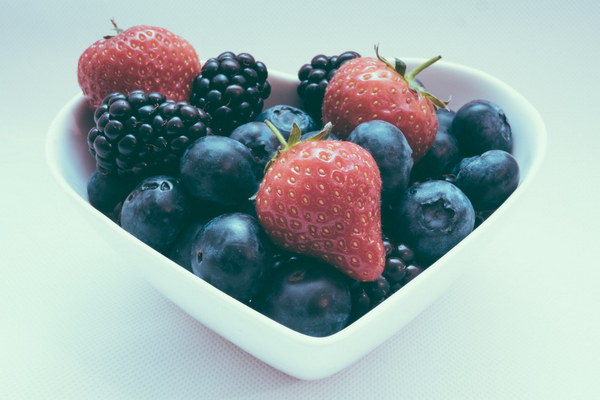Nourishing Your Body A Guide to Healthy Eating for Women's Well-being
Introduction:
Eating a balanced and nutritious diet is essential for maintaining good health and well-being, especially for women. As the body undergoes various changes throughout life, it is crucial to provide it with the right nutrients to support these transformations. In this article, we will explore the key foods that women should incorporate into their diet to promote overall health and vitality.
1. Leafy Greens:
Leafy greens, such as spinach, kale, and collard greens, are packed with essential nutrients like vitamins A, C, K, and iron. These nutrients play a vital role in maintaining healthy bones, improving skin elasticity, and supporting the immune system. Incorporate these greens into your diet by adding them to salads, smoothies, or steamed as a side dish.
2. Fruits:
Fruits are an excellent source of vitamins, minerals, and antioxidants. They provide energy, help maintain a healthy weight, and reduce the risk of chronic diseases. Women should aim to consume a variety of colorful fruits daily, such as berries, oranges, apples, and bananas, to reap the maximum health benefits.
3. Whole Grains:
Whole grains, such as brown rice, quinoa, and whole wheat, are rich in fiber, vitamins, and minerals. They help regulate blood sugar levels, promote digestive health, and reduce the risk of heart disease. Include whole grains in your diet by replacing refined carbohydrates with whole-grain alternatives, such as whole-grain bread, pasta, and cereals.

4. Lean Proteins:
Protein is essential for muscle repair, immune function, and overall well-being. Women should consume lean proteins like chicken, turkey, fish, tofu, and eggs to meet their daily protein needs. Lean proteins also help maintain healthy hair, nails, and skin. Aim to include a source of lean protein in each meal and snack.
5. Healthy Fats:
Healthy fats, such as those found in avocados, nuts, seeds, and olive oil, are crucial for hormonal balance, brain function, and heart health. Women should incorporate these fats into their diet by using olive oil for cooking, snacking on nuts and seeds, and adding avocado to salads or sandwiches.
6. Fermented Foods:
Fermented foods, such as yogurt, kefir, sauerkraut, and kimchi, are rich in probiotics, which support gut health and immune function. These foods can help maintain a healthy balance of gut bacteria, improve digestion, and reduce the risk of infections. Aim to include a fermented food in your diet at least once a day.
7. Hydration:
Water is essential for maintaining proper bodily functions, including digestion, temperature regulation, and waste elimination. Women should aim to drink at least eight glasses of water daily to stay hydrated and support overall health.
Conclusion:
Eating a balanced and nutritious diet is crucial for women's health and well-being. By incorporating a variety of nutrient-dense foods, such as leafy greens, fruits, whole grains, lean proteins, healthy fats, fermented foods, and staying hydrated, women can support their body's needs throughout life. Remember, it is essential to consult a healthcare professional before making significant changes to your diet.









